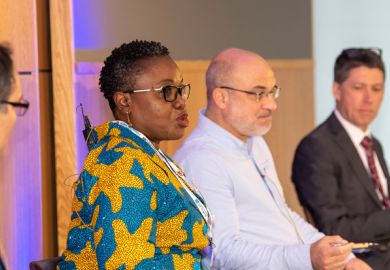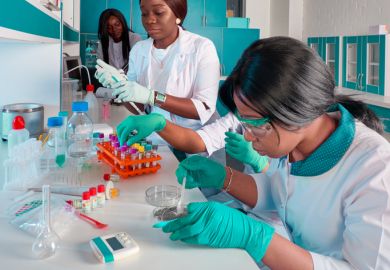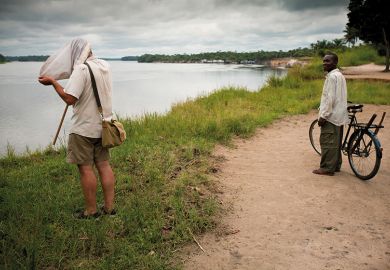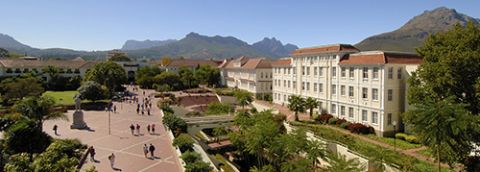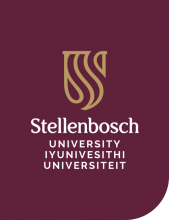Leading European and African universities have agreed to fund 17 research clusters on jointly agreed topics, in what has been framed as a rebuff to other models that favoured non-African interests.
Members of the African Research Universities Alliance (ARUA) and the Guild of European Research-Intensive Universities signed up to fund the groupings in early June. Each is co-led by an institution from either continent, with others joining as partners.
Jan Palmowski, secretary general of the guild, told Times Higher Education that in many cases research programmes based in and looking at Africa remained “dominated by the global north”. Most disease affecting Africans was non-communicable, he noted, while overseas aid overwhelmingly targeted infections such as HIV.
The themed clusters include one on genomics for health in Africa, led by the University of Bern, the University of Glasgow and the University of Stellenbosch; another on interdisciplinary peace research will be led by Addis Ababa University and King’s College London.
Of the 17, eight will focus on public health, four on environmental sustainability, two on technology and two on capacity building. Each has been set up to promote equity, societal need, inclusiveness and the training of young researchers.
Professor Palmowski said previous project work between the leading universities had been too brief to really strengthen the teams and universities involved. “The fundamental problem we identified a few years ago looking at our own internal discussions was that we can have lots of funding applications with African partners, but then after three years the funding runs out, we move on,” he said.
Ernest Aryeetey, secretary general of ARUA, said the clusters would succeed because they were built “on the basis of trust and shared values” between African and European researchers, adding that he was “very optimistic” they would lead to a “significant improvement” in the quality of research and the graduate students the universities produced.
The institutions involved have committed to supporting the tie-ups for at least a decade, although the details of how each will do that remain to be decided. The plan is for outside funders to support what institutions have set up with their own resources, said Professor Palmowski, adding that although researchers had spent the last six months setting priorities and that leaderships had given their backing, each grouping would have to decide itself how to fairly contribute money, time and other resources.
Register to continue
Why register?
- Registration is free and only takes a moment
- Once registered, you can read 3 articles a month
- Sign up for our newsletter
Subscribe
Or subscribe for unlimited access to:
- Unlimited access to news, views, insights & reviews
- Digital editions
- Digital access to THE’s university and college rankings analysis
Already registered or a current subscriber?


